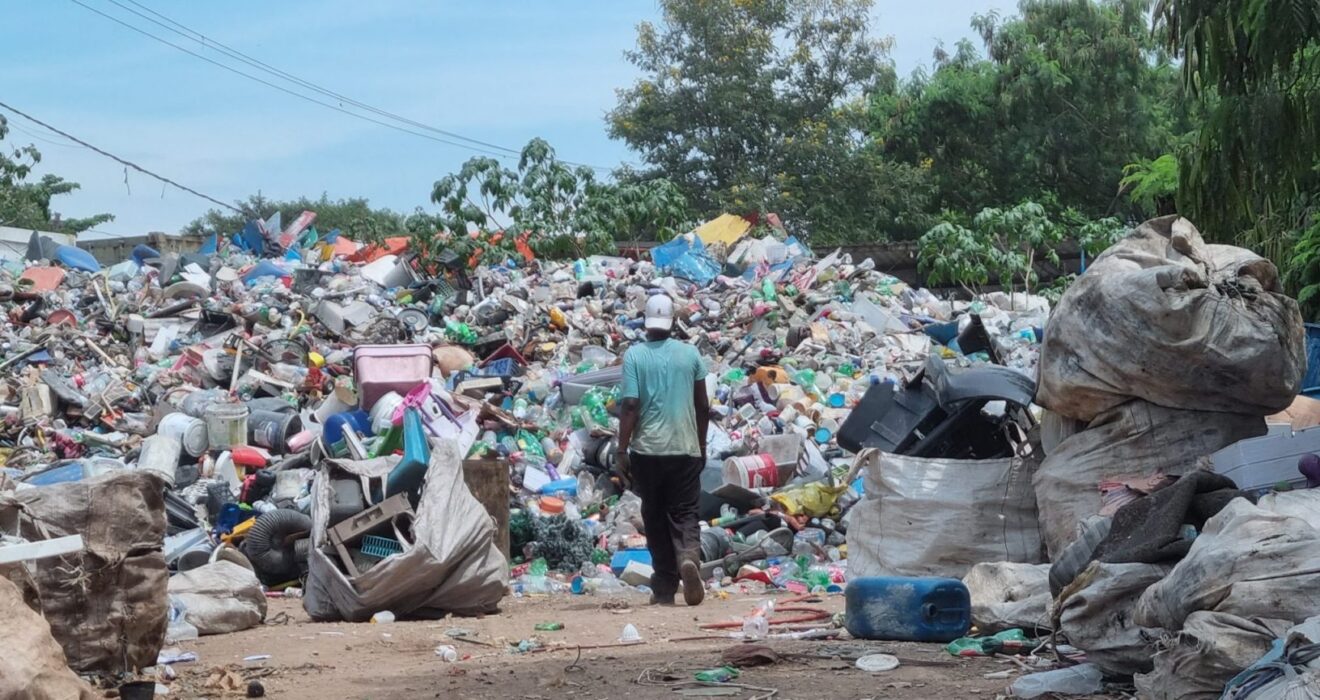Addressing plastic pollution requires a multifaceted approach, including reducing plastic consumption, improving waste management, promoting recycling, and developing alternatives to single-use plastics. This is crucial to safeguard the health and resilience of our ecosystems and the biodiversity they support.
To protect our natural capital and achieve net zero, we must figure out how to reduce plastic pollution. The United Nations recently took an important step towards that goal, as negotiators agreed on a roadmap for a global treaty on plastic pollution that would address the issue at the design and production stage. Technology will be a key enabler of this mission, as we look for ways to consume less, recycle more, and clean up the plastic pollution we’ve already created.
An estimated 500 billion plastic disposable cups are used every year around the world and thrown away almost immediately after usage and they mainly end up in oceans and landfills.The problem is that plastic cups take about 500 years to disintegrate in the environment and we have created a huge mess. It’s not just plastic pollution that’s the only problem: according to an MIT study, each plastic cup is made from approximately 3.2 g of gasoline. That means that by 2050, plastic could account for 20% of global oil use.
“Of all the waste we generate, plastic bags are perhaps the greatest symbol of our throwaway society. They are used, then forgotten, and they leave a terrible legacy”.
Zac Goldsmith
The problem is that plastic cups take about 500 years to disintegrate in the environment and we have created a huge mess. It’s not just plastic pollution that’s the only problem: according to an MIT study, each plastic cup is made from approximately 3.2 g of gasoline. That means that by 2050, plastic could account for 20% of global oil use.
We must find the solution in the use of clean technologies that allow us to reduce everything that is single-use, without a doubt that will be a key facilitating agent to confront the degradation of ecosystems, and only to the extent that we look for forms of consumption responsible, we are able to recycle more, and clean up the plastic pollution that we have already created, we will be able to move towards a sustainable future committed to caring for the natural capital that nature has bequeathed to us.

